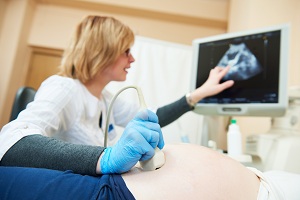Between 2006 and 2016, prenatal screening tests in Japan increased 2.4 times. The researchers from the National Center for Child Health and Development reveal this. If in 2006 prenatal tests were about 29,300, in 2016 they exceeded 70,000: they more than doubled. Almost a quarter of these were made by women aged 35 or over.
In fact, there are no official data regarding the exact number of prenatal screening and diagnosis conducted in Japan. The researchers relied above all on the data provided by the structures that deal with blood and other analyzes. Starting from these, they obtained the estimated total number of invasive and non-invasive prenatal screening tests. Despite the obvious approximation, the discovery shows however how prenatal screening tests are taking place all over the world.
Analyzing the data of the facilities and the questionnaires conducted, in 2006 only 2.7% of the mothers had the tests performed. The percentage rose to 15.2% among future mothers over 35 years. In 2016, the two percentages rose respectively to 7.2% and 25.1%. Above all, fetal DNA tests increased, rising from 17,500 in 2006 to 35,900 in 2016.
The increase in fetal DNA testing is also due to the Japan Society of Obstetrics and Gynecology, which introduced the test in 2013 in a clinical trial. Only during this time, there were 13,628 tests included in the trial. Although the numbers are already substantial, they could even be greater. In fact, in Japan there are also unauthorized realities that still carry out the tests.
Source: mainichi.jp
















